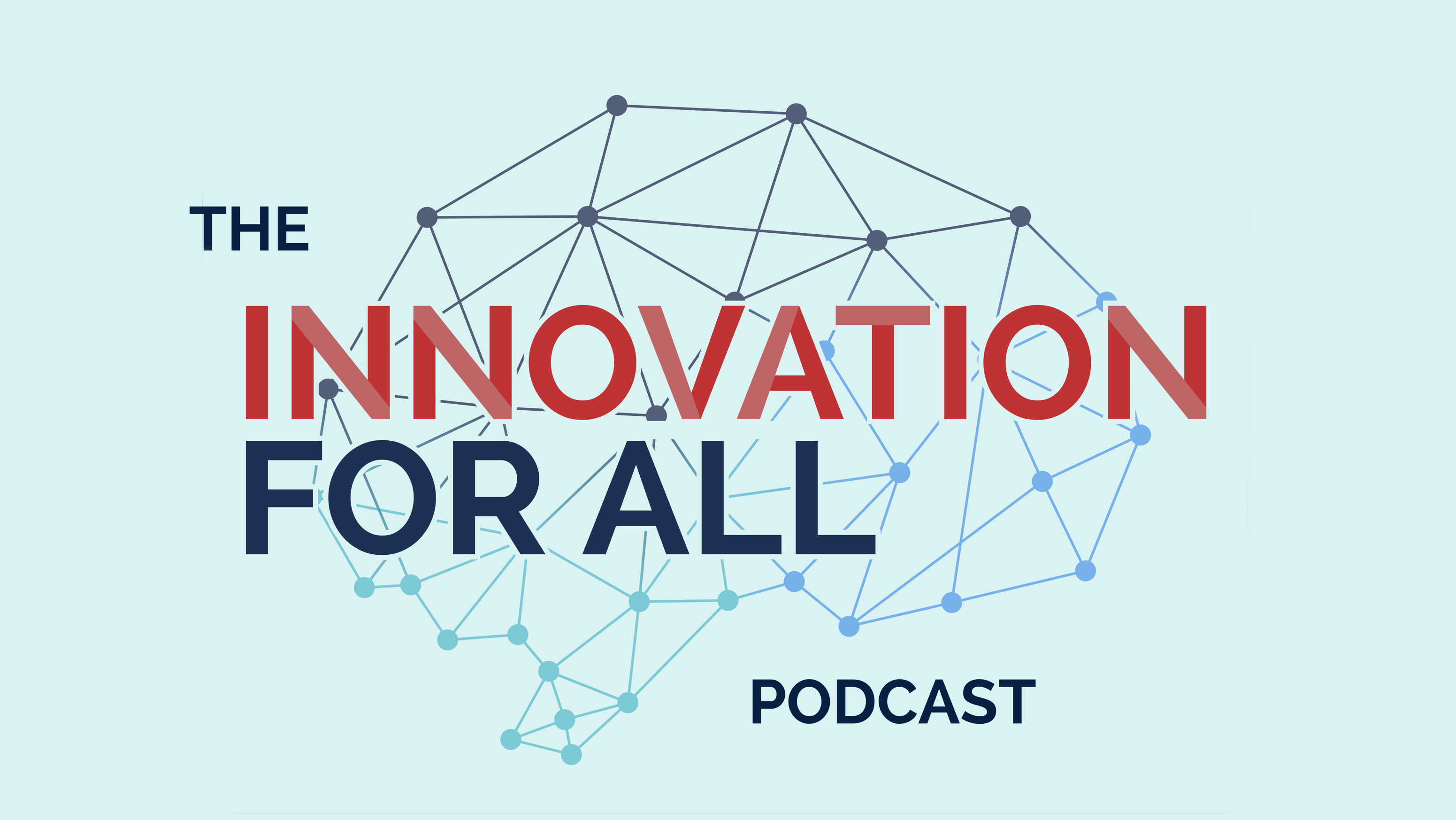
Overview:
In the season finale of Innovation for All, Maggie Delano, Assistant Professor of Engineering at Swarthmore College, breaks down how period-tracking apps exclude people who are not straight, cis-gendered women without medical conditions. She explains how user design could be more inclusive and introduces us to the benefits of Quantified Self.
In this episode, you will learn:
- The issues surrounding period-tracking apps
- What the Quantified Self community consists of
- How period-tracking apps can be more inclusive of people with medical conditions
- How user research can think about cases that fall outside of the set target audience
- Ways to increase inclusivity in the on-boarding process of app design
- Concerns of data privacy in period-tracking apps
- How self-tracking can be beneficial
- Ways that self-tracking is happening organically
- Ideas on tracking “subjective” experiences such as emotion and mood
- How to leverage user research to avoid stereotypes and generalizations
- Examples of queer-inclusive business ideas
Links and mentions:
- Maggie’s Medium article
- MIT Media Lab
- Clue, the period-tracking app
- Quantified Self meet up group
- Susannah Fox’s Research
- Os Keyes of the University of Washington
- Azure Grant’s Research
- Rose Eveleth
Connect with Maggie:



